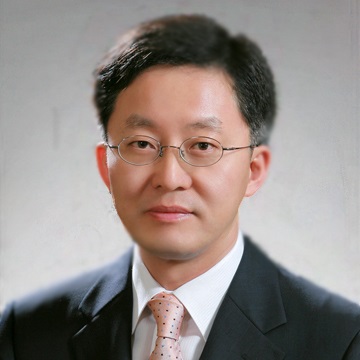North Korea and South Korea have agreed to hold a third summit in Pyongyang this September, with both governments apparently hoping that the summit can help them push ahead the effort to improve bilateral relations and pursue extensive economic cooperation.
Ironically, however, such expectations actually betray the diminished sense of optimism about inter-Korean collaboration, largely due to a lack of progress in the denuclearization of North Korea. The abrupt cancellation of US Secretary of State Mike Pompeo’s fourth visit to Pyongyang reflects this growing concern—that nothing substantial has been achieved with regard to dismantling North Korea’s nuclear capabilities. In the time since the historic Singapore summit in June, when President Donald Trump expressed high hopes for a denuclearized North, the feeling has turned into one of disappointment, and now, frustration.
Without genuine progress in denuclearization, the fear is that Trump will grow indignant and return to “fire and fury” mode again—imposing a harsh external condition upon South Korean President Moon Jae-in’s preparations for the third summit meeting.
Despite two inter-Korean summits and one between the United States and North Korea, a fundamental issue underlying North Korea’s nuclear crisis is yet to be resolved. It is still not crystal-clear whether North Korea’s leader, Kim Jong-un, will give up his nuclear weapons and return to the Non-Proliferation Treaty (NPT) as a non-nuclear weapon state. There have been no remarks from Kim himself or other high-ranking officials in North Korea to indicate their willingness to eliminate nuclear weapons completely and irreversibly. This is in keeping with North Korea’s recent history; since being sworn in as leader in 2012, Kim has taken major steps to present North Korea as a nuclear player: for example, inserting the phrase “a nuclear weapon state” in the country’s revised constitution in 2012; proclaiming the byungjin policy of “first nuclear development, later economic development” in 2013; putting “a nuclear weapon state” in the revised Workers’ Party Platform in 2016; proclaiming the completion of a historic mission to become a nuclear weapon state after the country’s sixth nuclear test in 2017; and reaffirming the byungjin policy of “economic development based on nuclear power” in 2018.
So far, attempts at diplomacy to rein in North Korea’s nuclear ambitions have been outwitted by a North Korea determined to become a nuclear weapon power. The two Koreas agreed in back 1992 to denuclearize the Korean peninsula, deciding not to test, manufacture, produce, receive, possess, store, deploy, or use nuclear weapons and also not to possess reprocessing or enrichment facilities. South Korea has fully complied with these obligations from the beginning, but North Korea has not. Pyongyang has steadfastly kept on developing nuclear weapons, despite occasional interruptions caused by subsequent denuclearization agreements it signed with the international community. In fact, it has been North Korea’s longstanding national strategy to use the term ‘denuclearization’ to camouflage its true intentions and to realize its strategic objectives: weakening the South Korea-US alliance, and evicting American forces from the Korean peninsula.
The upcoming inter-Korean summit will be the last chance to clarify Kim Jong-un’s true intentions on denuclearization. Consequently, the sole mission of the summit for President Moon should be to find out whether Kim is willing to get rid of nuclear weapons entirely and return to the NPT or not. This is the only concern; other issues such as inter-Korean exchanges and economic cooperation are of secondary importance at this critical juncture. In this regard, China and Russia should fully cooperate with international sanctioning efforts and push North Korea to abide by the denuclearization obligations it agreed to in 1992. Unless Kim publicly confirms that he will give up nuclear weapons completely at the summit, follow-on nuclear diplomacy will lose its bearings and become stranded in the middle of the road. It will duplicate a familiar and vicious cycle of rising tension, negotiations, compromises, breakup, and tension again.
* This article was published on September 7 at Bulletin of the Atomic Scientists. The views expressed herein do not necessarily reflect the views of the Asan Institute for Policy Studies.

 Facebook
Facebook Twitter
Twitter